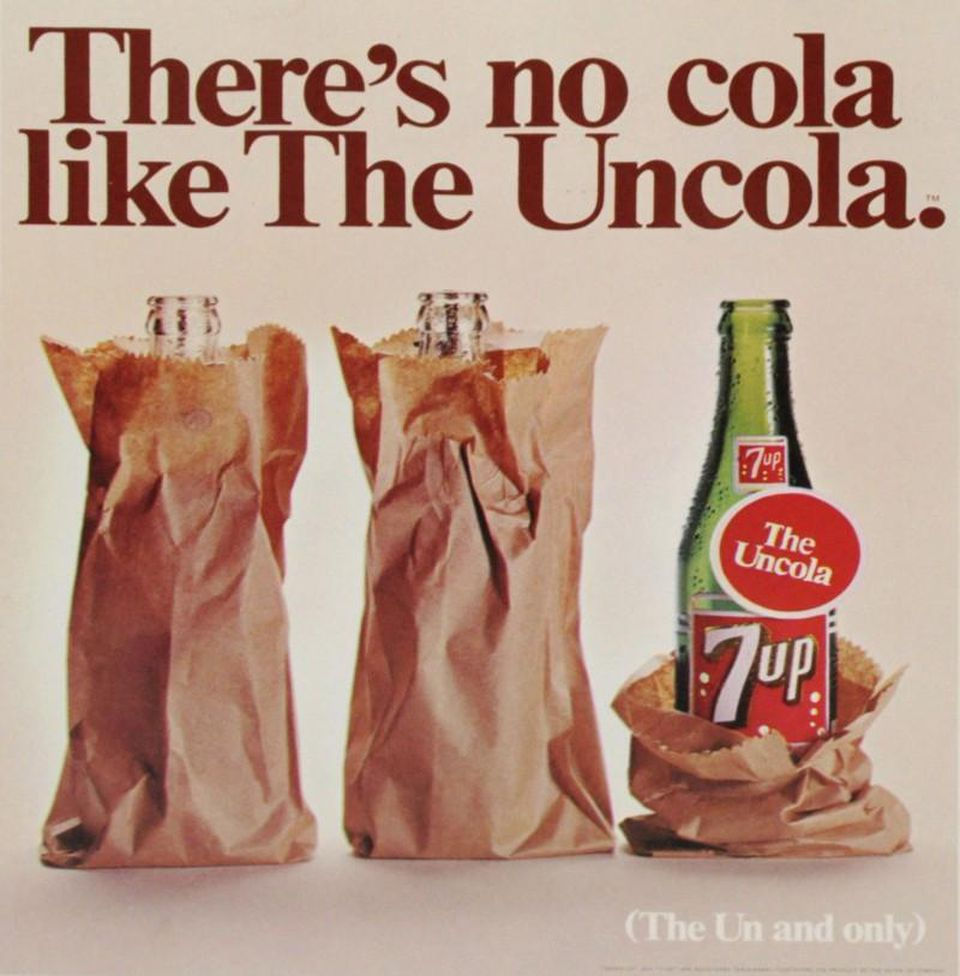A Goodnight's Sleep and an Espresso
- ahron356
- Apr 23, 2018
- 2 min read

How an espresso and a good pillow helped the UK win 7 gold medals.
Coach Dave Braisfeld joined the United Kingdom cycling team in 2002. The team had a 76-year history of only one gold medal win and the coach had a revolutionary approach to changing that. By 2008 they had 7 gold medals out of the possible 10 in the sport of cycling. Sir Dave used the theory of “marginal gains” as the means for his team’s success. Instead of focusing on radical change and perfection, he focused on progression and compounding the improvements. If the athletes could improve 1% in many different areas, they would achieve significant aggregated increase in performance. In other words, Sir Dave looked at the preparation the athletes went through before competitions. If the team could travel with their same mattresses and pillows, then they would sleep more consistently. One of the athletes traveled with his espresso machine to ensure he always had the same cup of coffee every morning before training and competitions. Through the theory of marginal gains, wherever the athletes could make a 1% increase, they pursued it, rather than just trying to aim for a gold medal. The theory has its roots in Japanese thinking, based on a book called Kaizen, which means “refinement”, the process in which a diamond gradually is smoothed in to a high quality gemstone.
Look at every challenge and every opportunity from the lens of "marginal gains". For example, Fitted Shirt Company is trying to drive more sales and more traffic to their social media pages. We would tell them not to aim for "success"! But rather break apart the whole into separate parts. Start to see the entire operation and look at each component as an opportunity for a marginal gain. Can you find an opportunity to make a 1% improvement in that area? If so, go for it. And then move on to the next component. Don't try to make one big push for your overall objective. Instead look at the whole and find as many components as you can in which you can make one marginal gain.


Comments